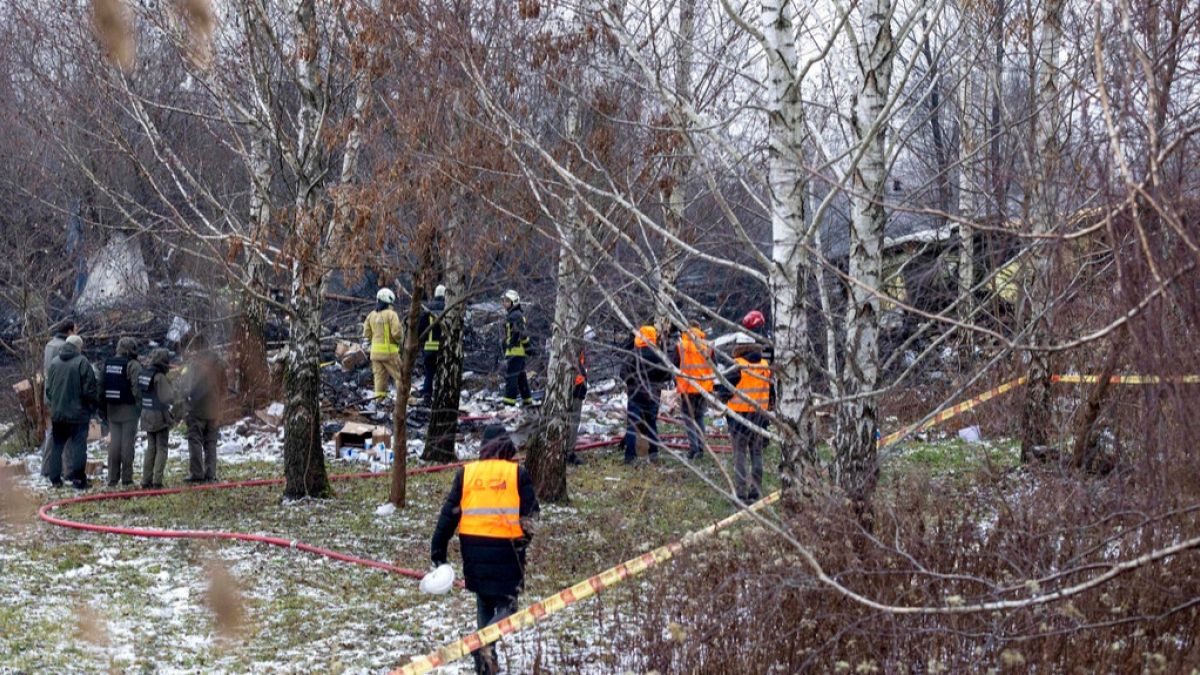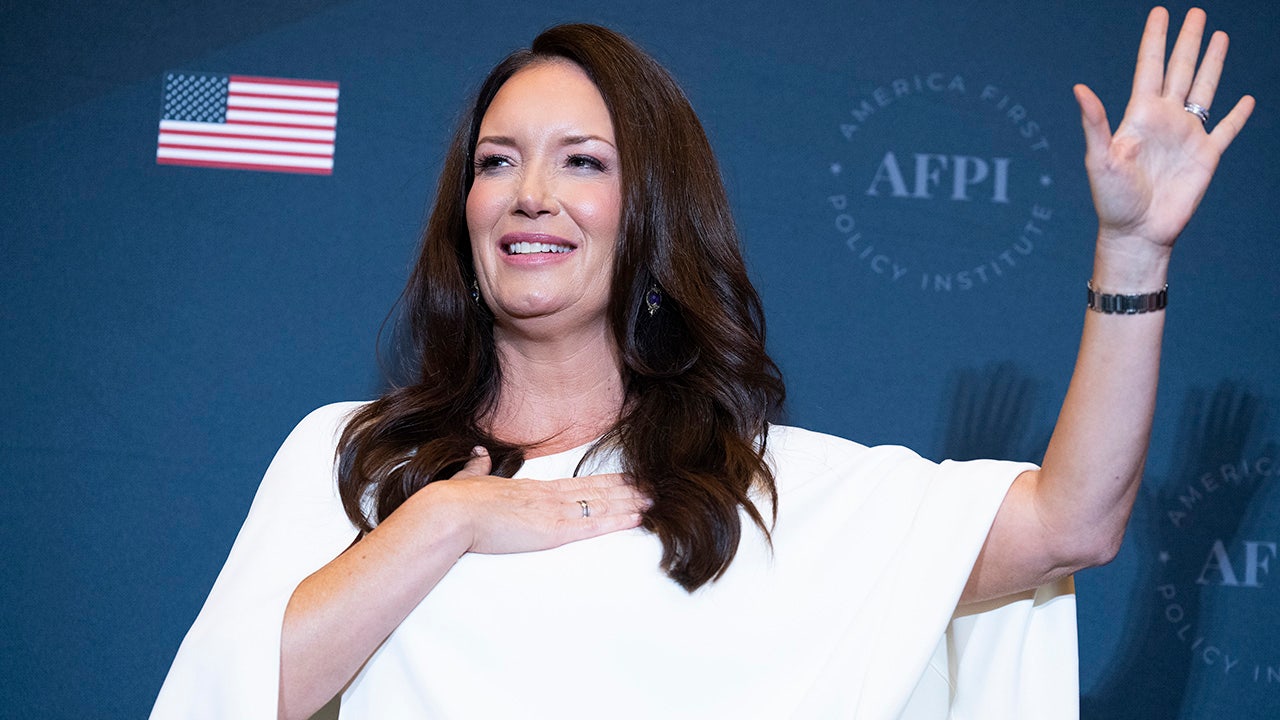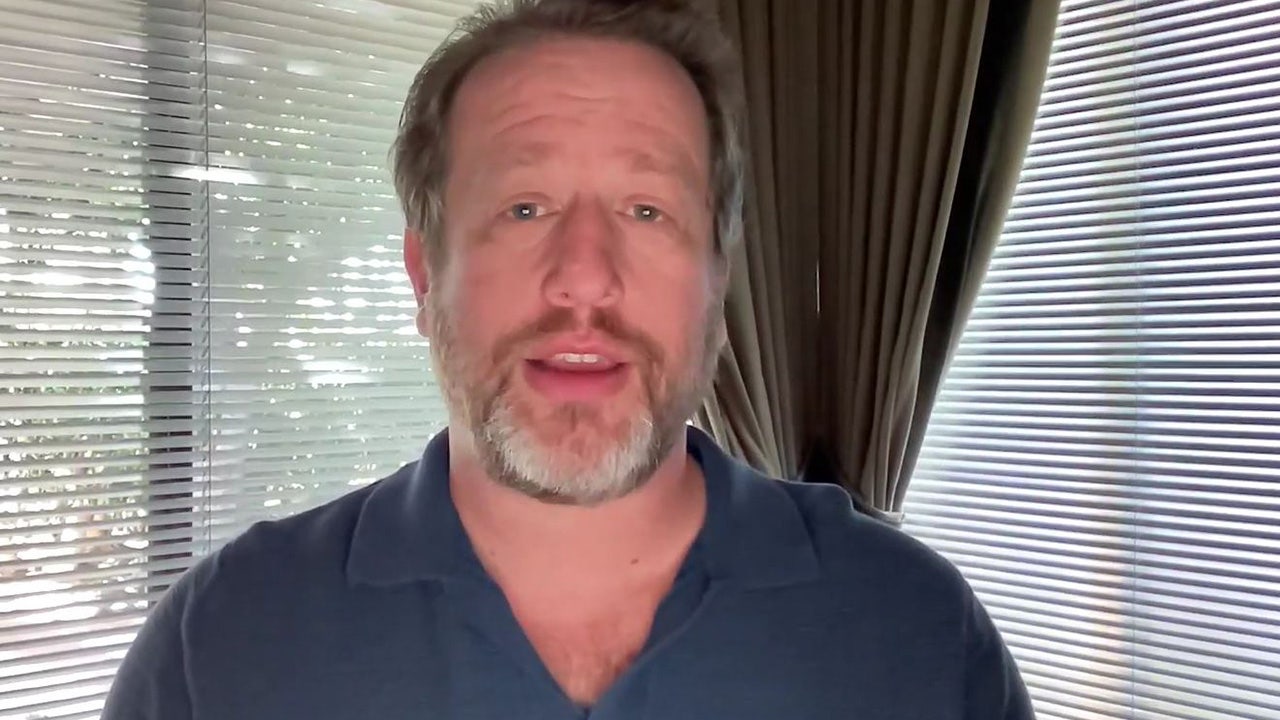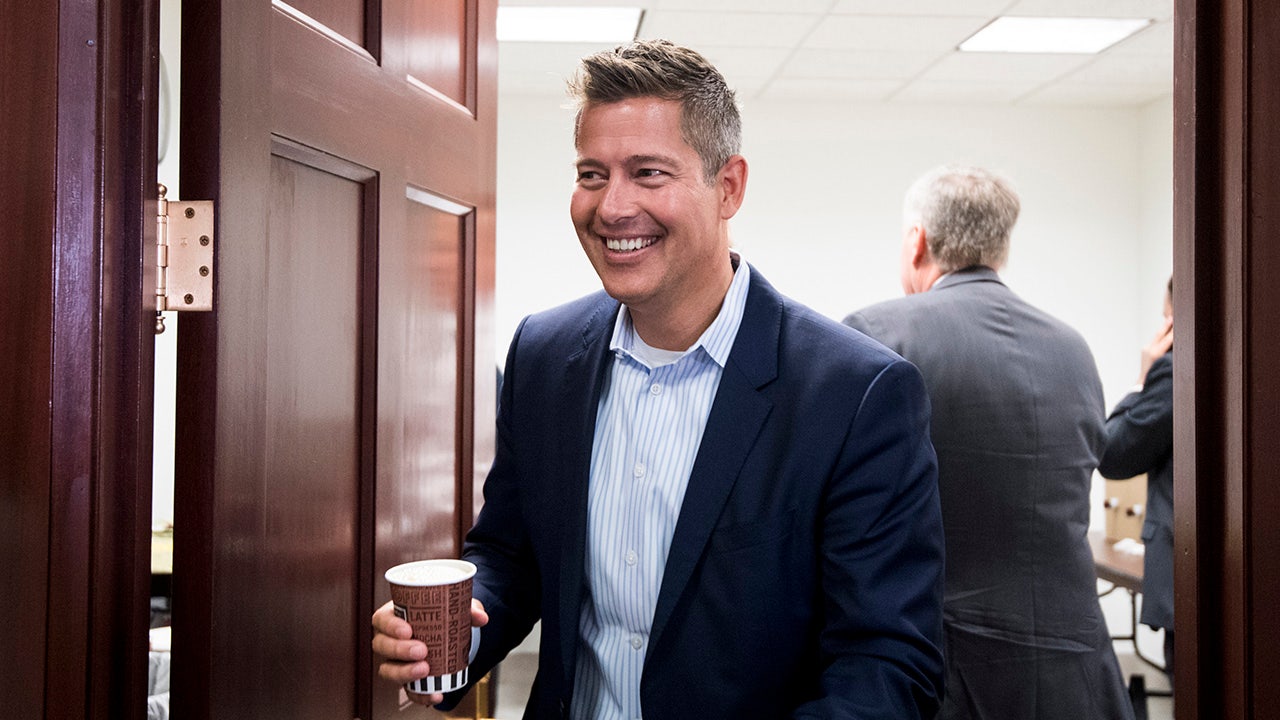The federal government provides a variety of assistance programs for people impacted by disasters like the two major hurricanes, Helene and Milton, that recently hit the Southeastern US.
To get access to the funding, people must submit an application to the US Federal Emergency Management Agency.
As of Friday morning, only FEMA aid for Hurricane Helene victims was available. People impacted by Hurricane Milton should wait to apply until the official federal disaster declaration is made – which is expected to happen later Friday.
Here’s what people need to know:
There are three ways to apply for FEMA assistance.
- Call the toll-free number: 800-621-FEMA (3362). Calls are accepted every day from 7 a.m. to 11 p.m. across time zones, and help is available in many languages.
- Register online at DisasterAssistance.gov or by using use the FEMA App. Applying online could be the fastest way for people who have access to Wi-Fi and whose electronic devices have power.
- Visit a Disaster Recovery Center in person. A list of open locations can be found at fema.gov/drc.
Floridians who have been impacted by both hurricanes will be required to submit two applications – one for each storm, FEMA Administrator Deanne Criswell said Thursday.
People must live in a declared disaster area to be eligible for aid. They or someone who lives in their home must be a US citizen, noncitizen national or a qualified noncitizen, according to FEMA.
Applicants will be asked for their Social Security number so that FEMA can verify their identity.
For certain kinds of assistance, FEMA will also confirm that the disaster-damaged home is the applicant’s primary residence. The agency may send an inspector to look at the damage.
Generally, FEMA aid will cover expenses related to home repair that are not covered by insurance.
The federal government administers several disaster assistance programs through FEMA and the Small Business Administration.
- First, eligible disaster victims will receive a $750 direct payment from FEMA to help buy whatever essentials they may need immediately following the storm, including things like food, water, baby formula, medicine and clothing. Recipients are not required to pay this money back. This is the initial payment FEMA will make to disaster survivors, many of whom may be eligible for additional forms of assistance.
- Aid is available for home repair, as well as rental assistance and lodging expense reimbursements, for people who are displaced from their home because of the disaster. The maximum amount of money available for these needs is $43,600, as set by Congress.
- FEMA provides funds to replace or repair personal property, including things like appliances, room furnishings, vehicles and computers. The agency will also disburse money to pay for child care expenses or an increase in child care expenses caused by the disaster, as well as medical bills for disaster-related injuries or illnesses. These reimbursements, combined with the $750 initial payment, are also capped at $43,600.
- The SBA makes low-interest loans available to renters, homeowners, business owners and nonprofit organizations that suffer disaster-related losses.
Disaster victims may additionally be eligible for aid from state and local groups and nonprofits like the American Red Cross, which supported 83,000 evacuees in Florida shelters Wednesday night and plans to deliver meals and relief supplies to affected neighborhoods as they reopen.
The state of Florida maintains its own official Florida Disaster Fund, distributing donations to service organizations across the state to assist impacted communities.
The federal website, DisasterAssistance.gov, also provides information on local resources.
The Internal Revenue Services is also providing assistance to those living in FEMA-designated disaster areas.
Taxpayers in all of Alabama, Georgia, North Carolina and South Carolina and parts of Florida, Tennessee and Virginia who were affected by Hurricane Helene have until May 1 to file their individual and business tax returns and make tax payments. This include 2024 tax returns typically due in mid-April, as well as quarterly payroll and excise tax returns and quarterly estimated income tax payments.
Also, those whose property has been lost or damaged in a federally declared disaster may qualify to claim a casualty loss deduction and get a larger refund.
Taxpayers can call the IRS disaster hotline at 866-562-5227 for more information.
CNN’s Keely Aouga contributed to this report.
Read the full article here


















